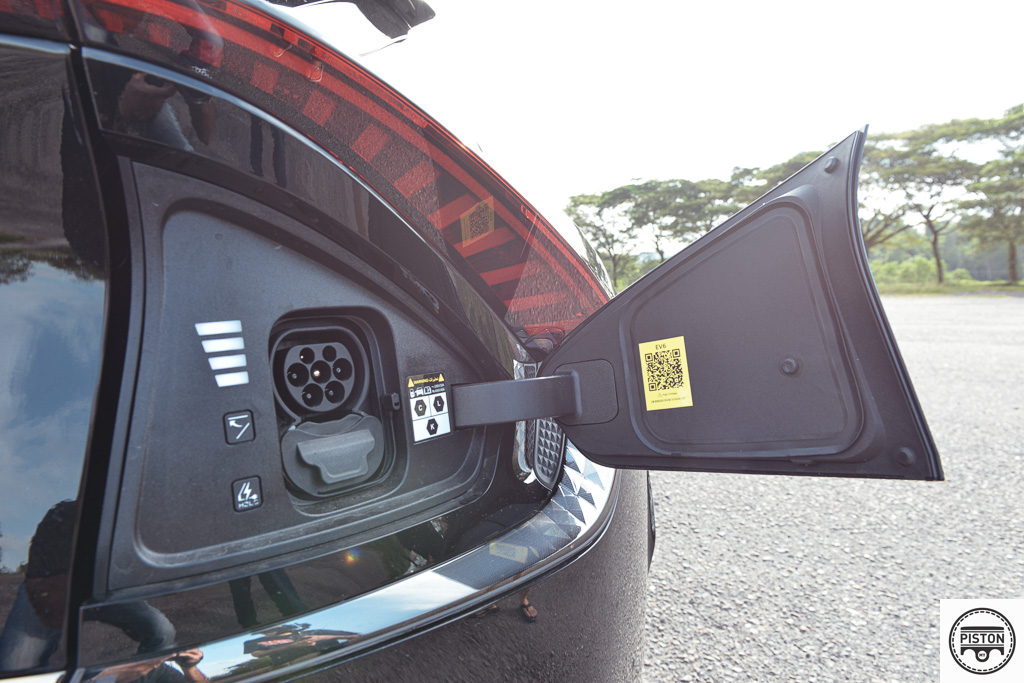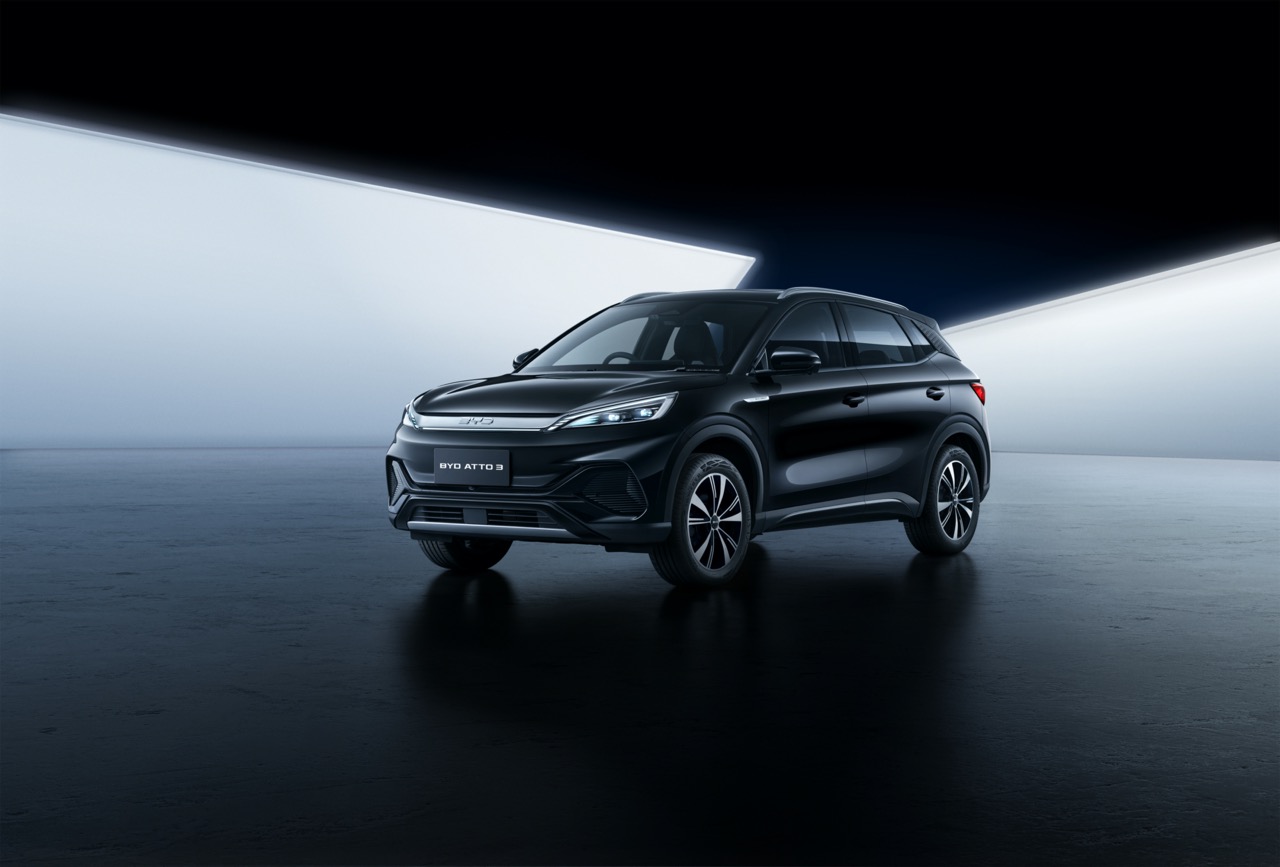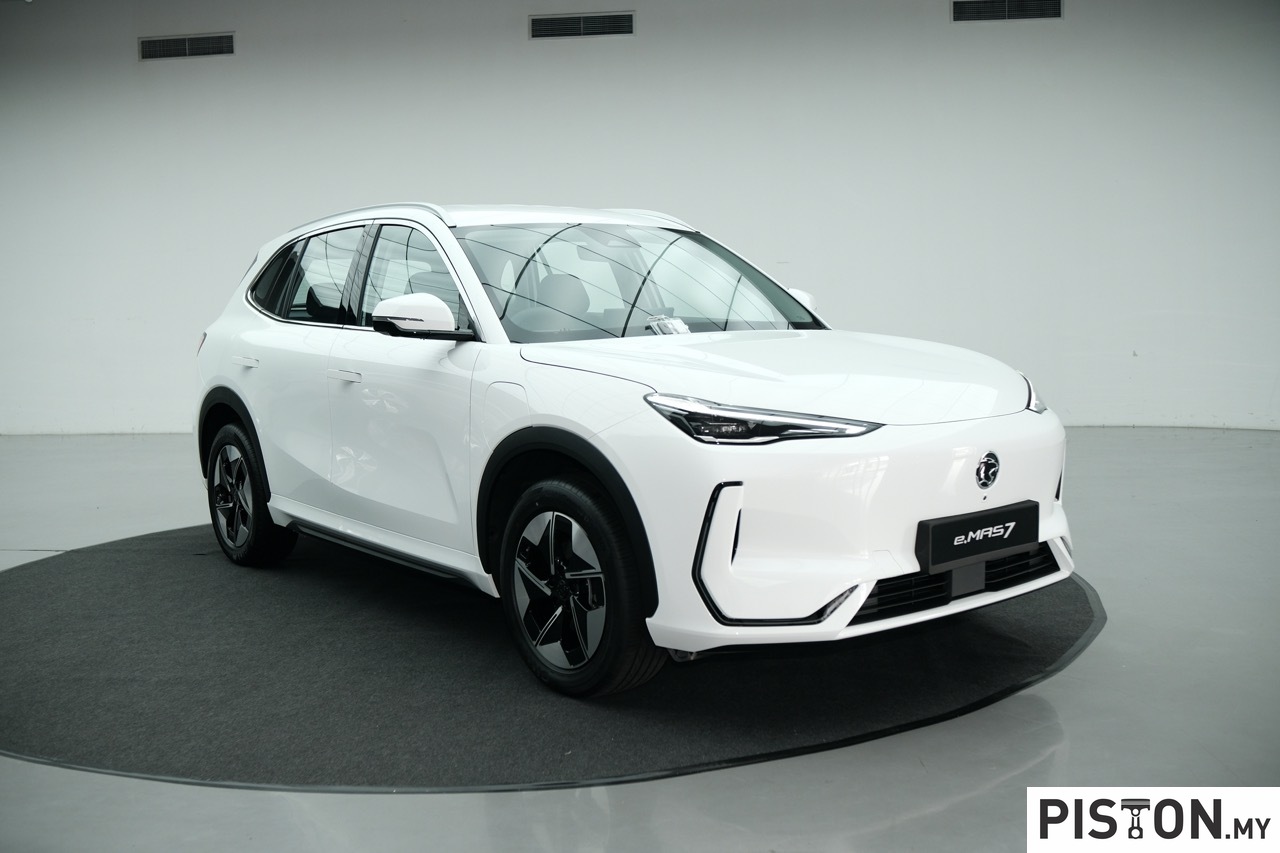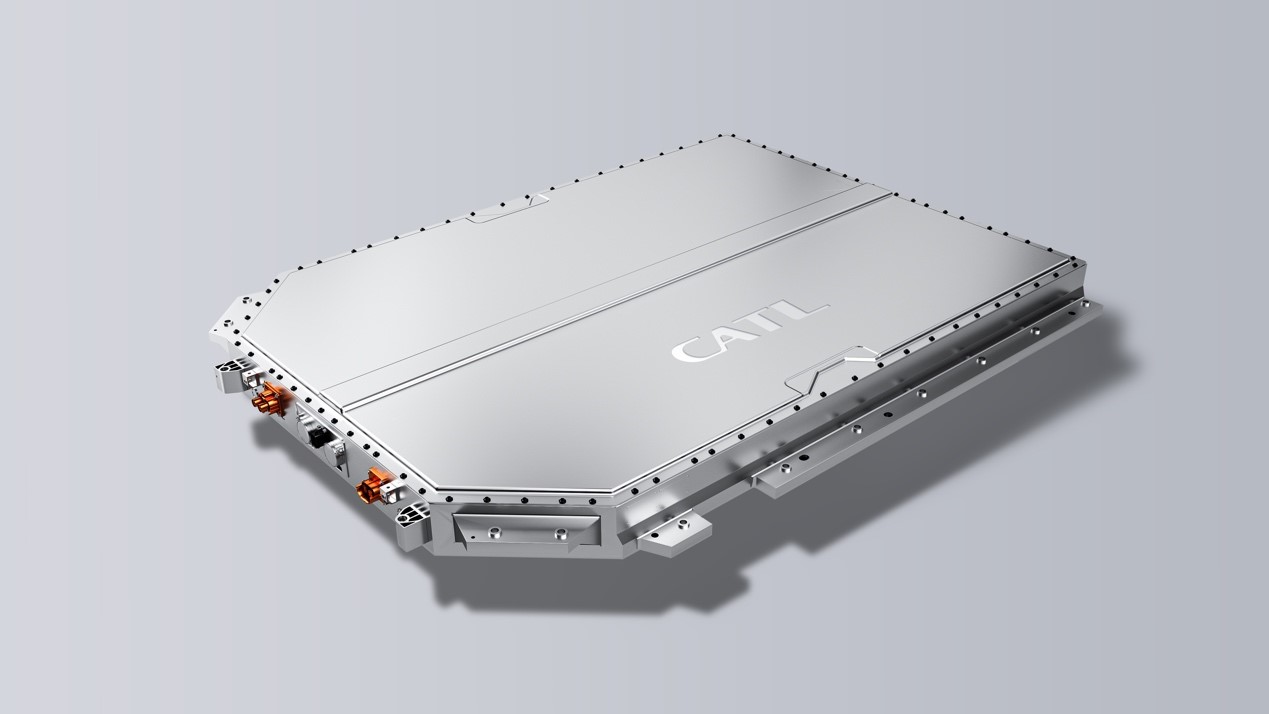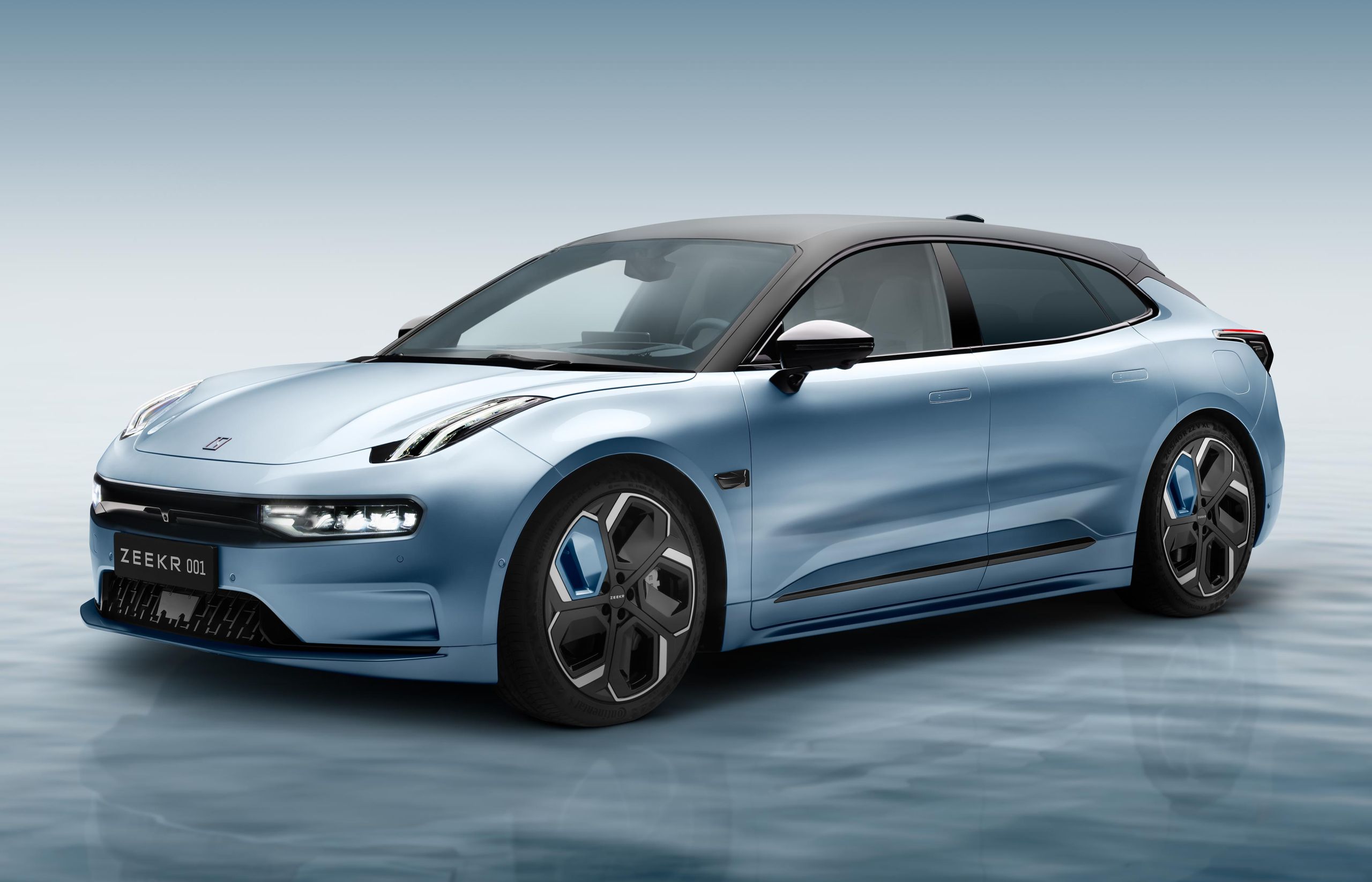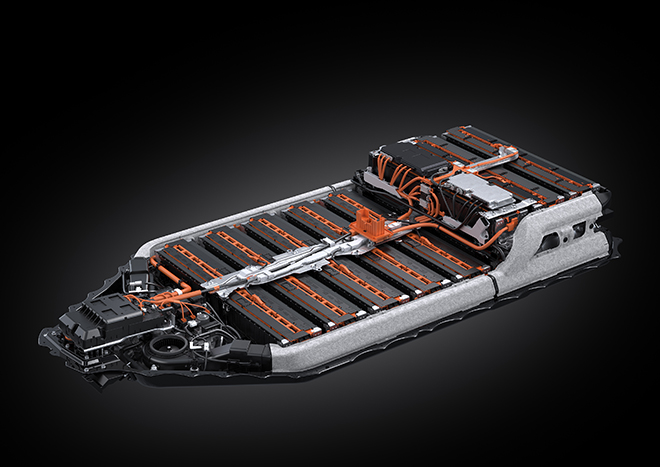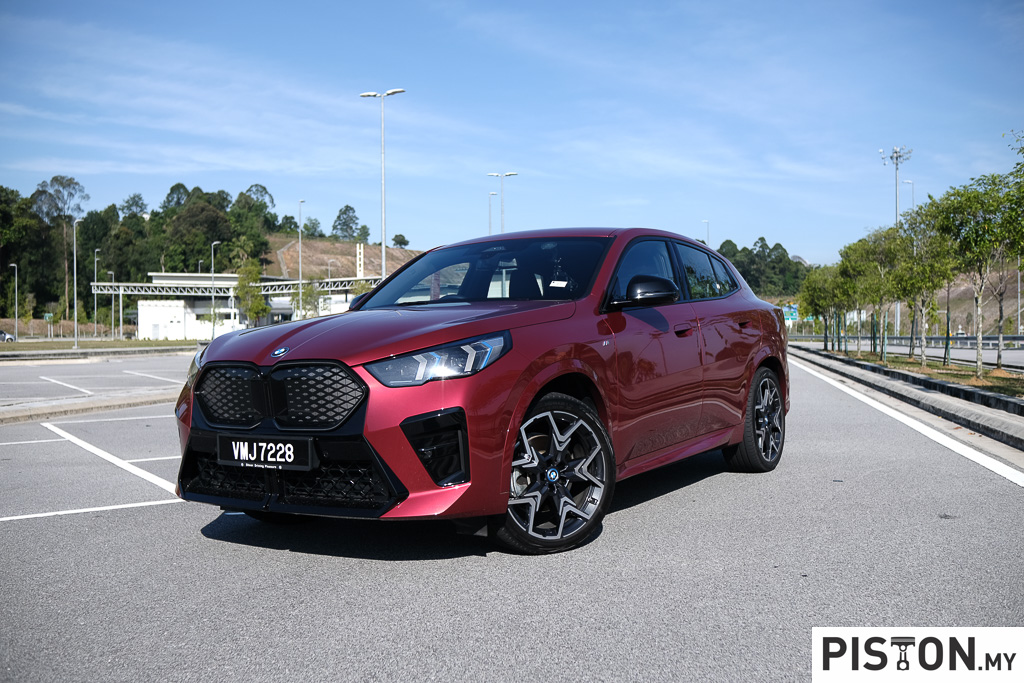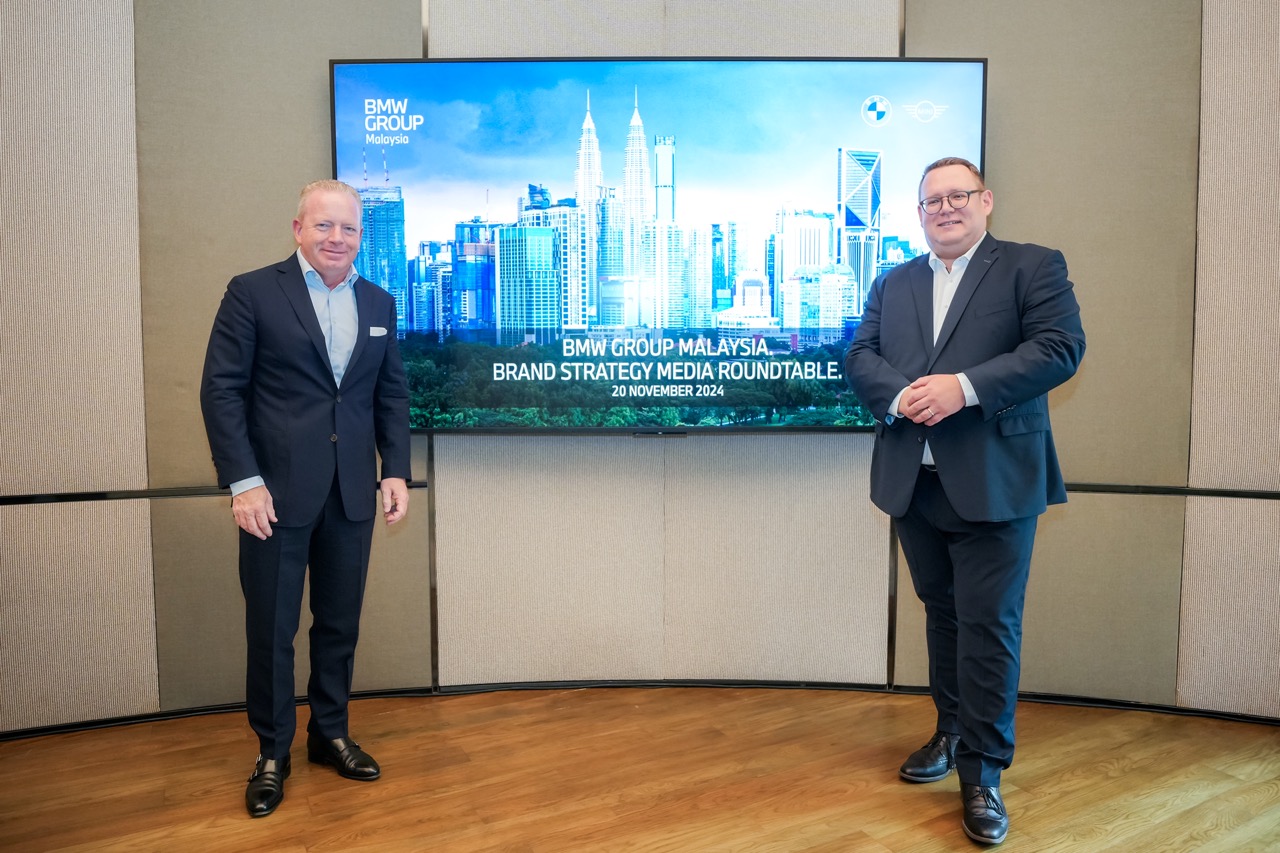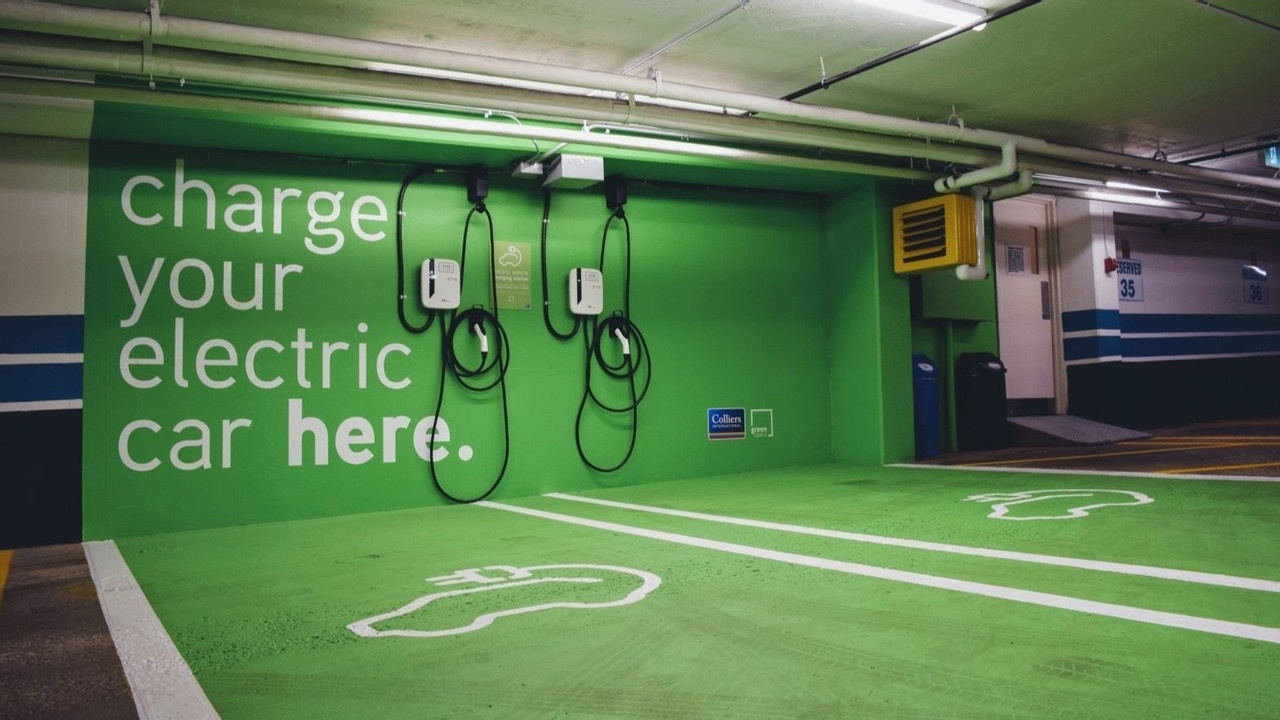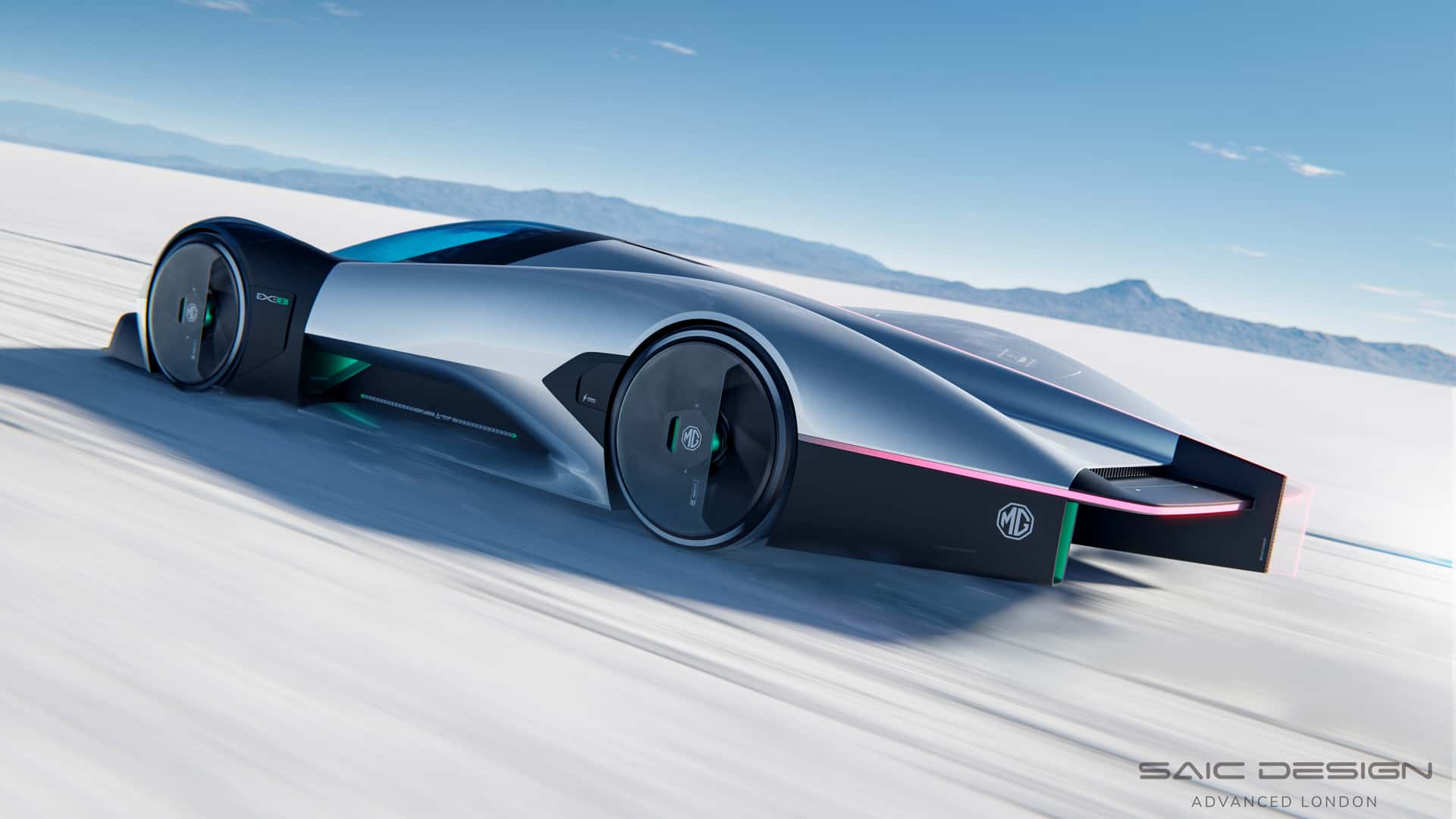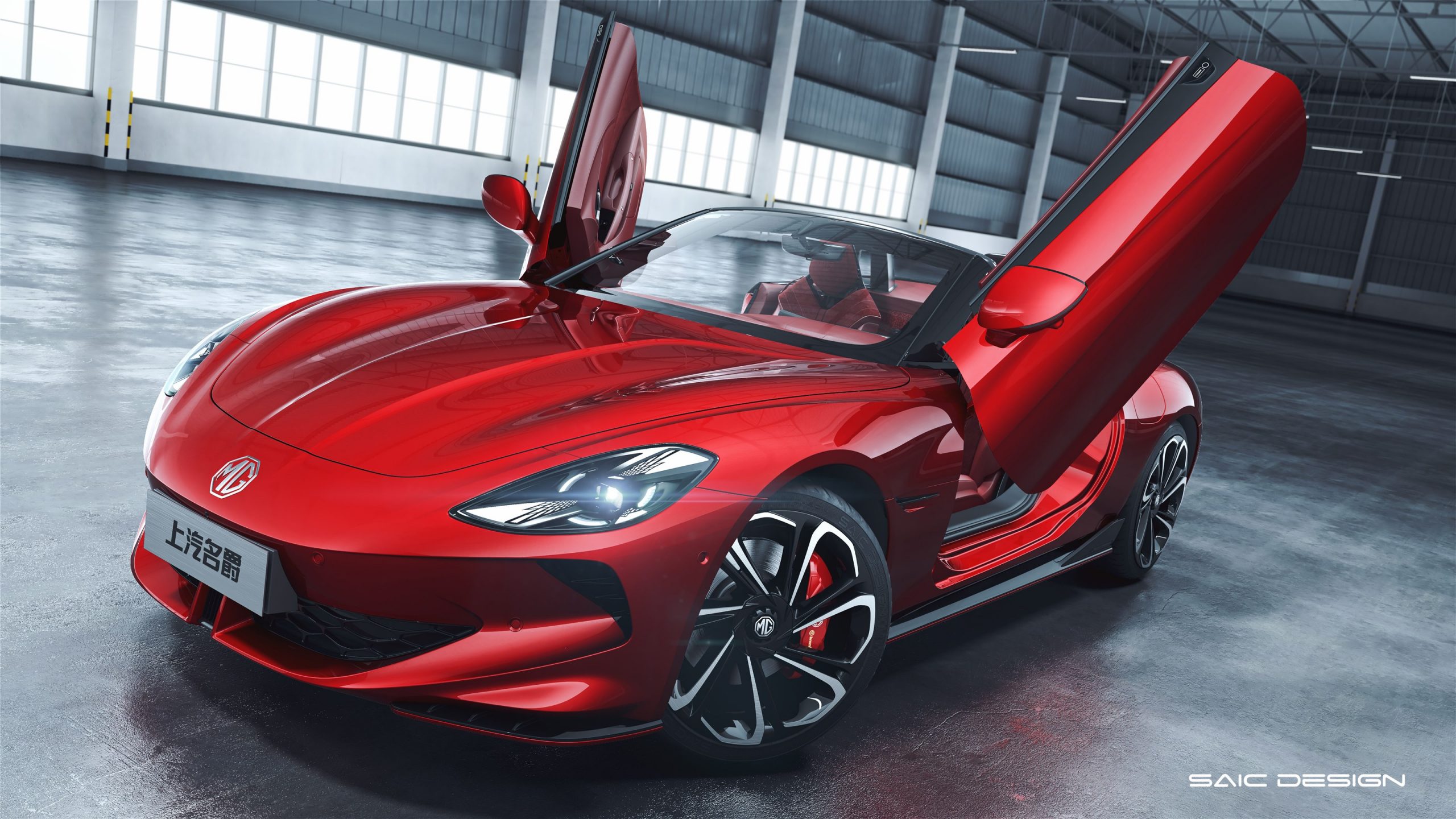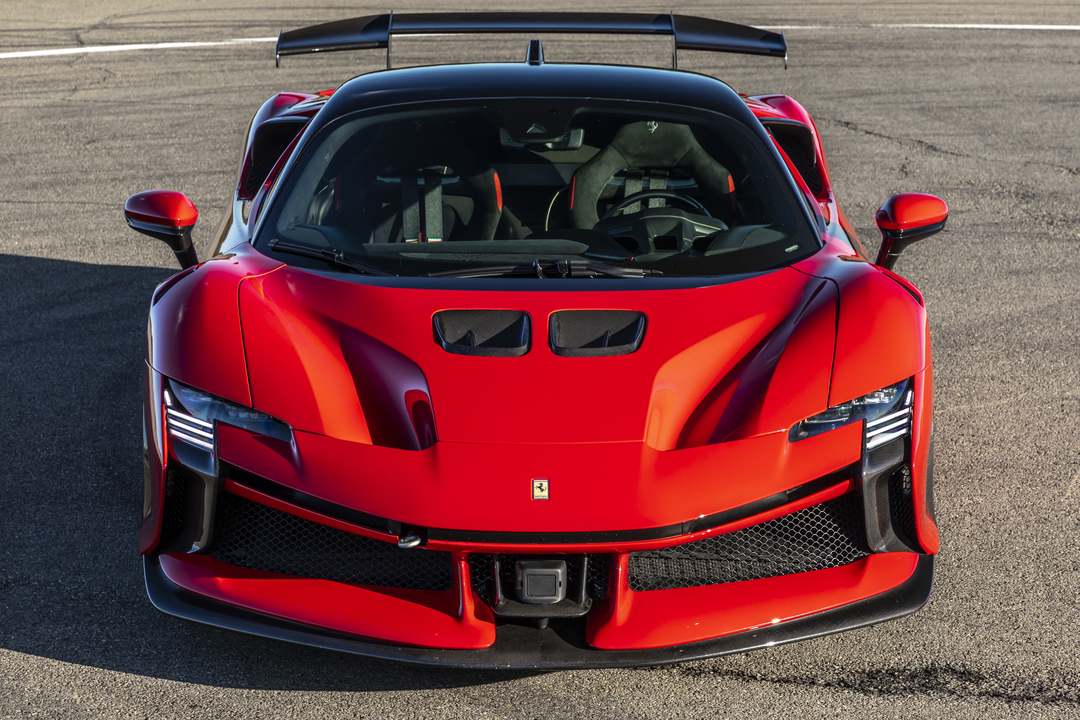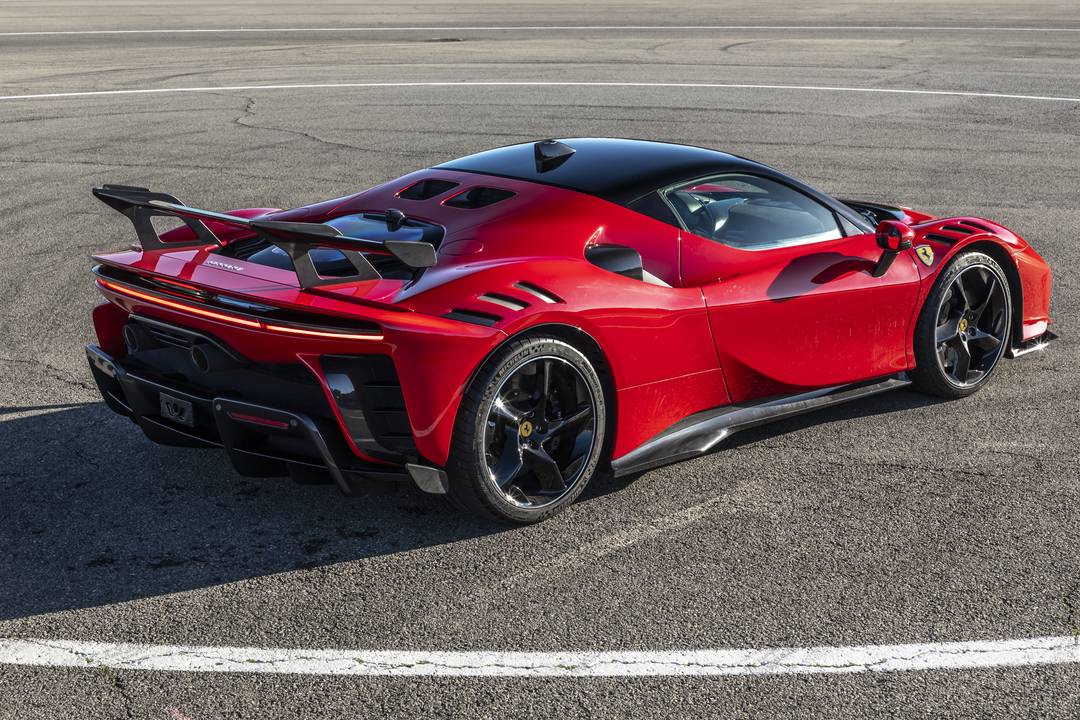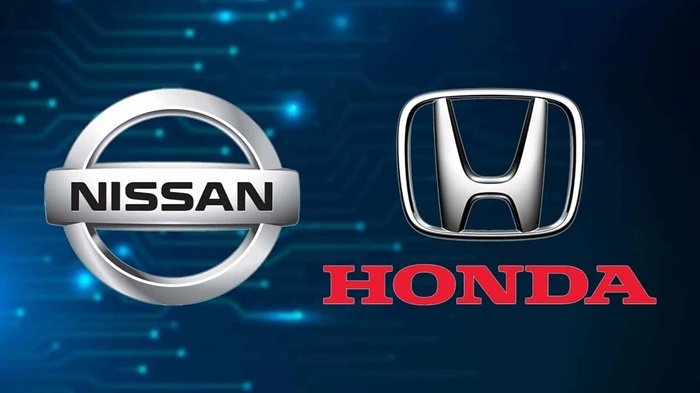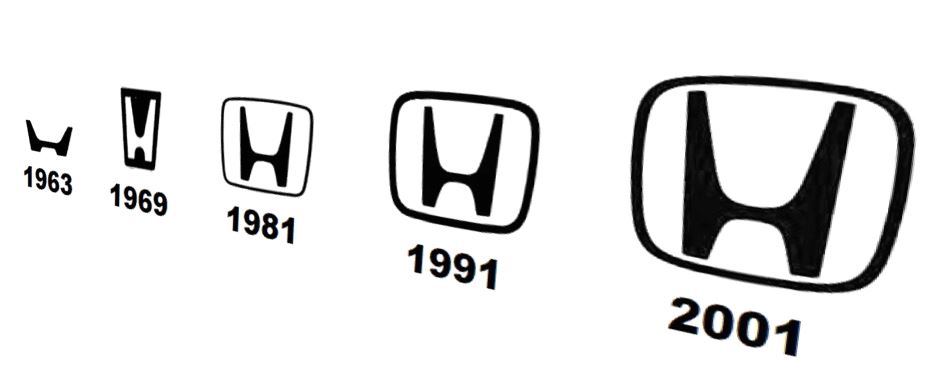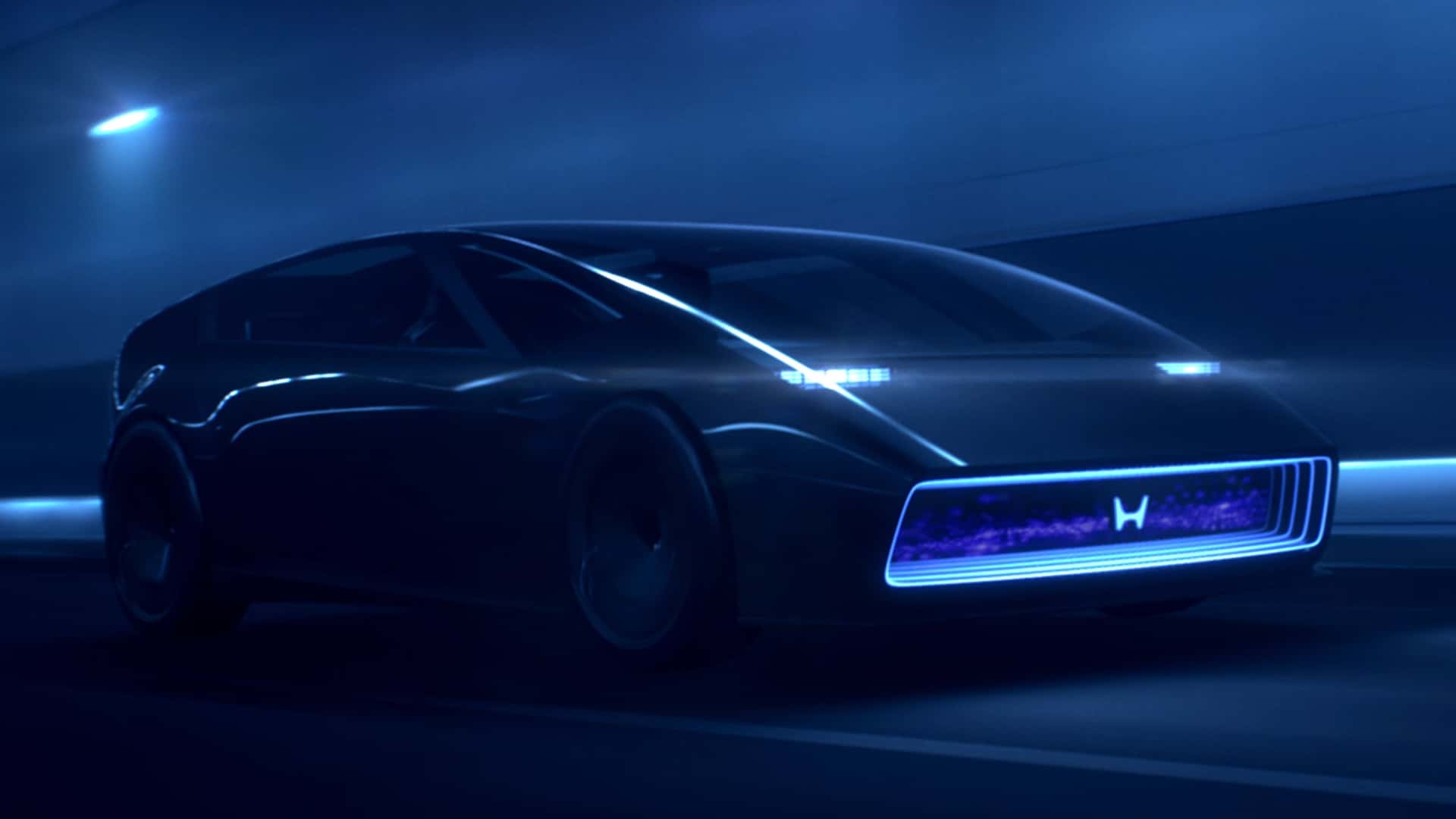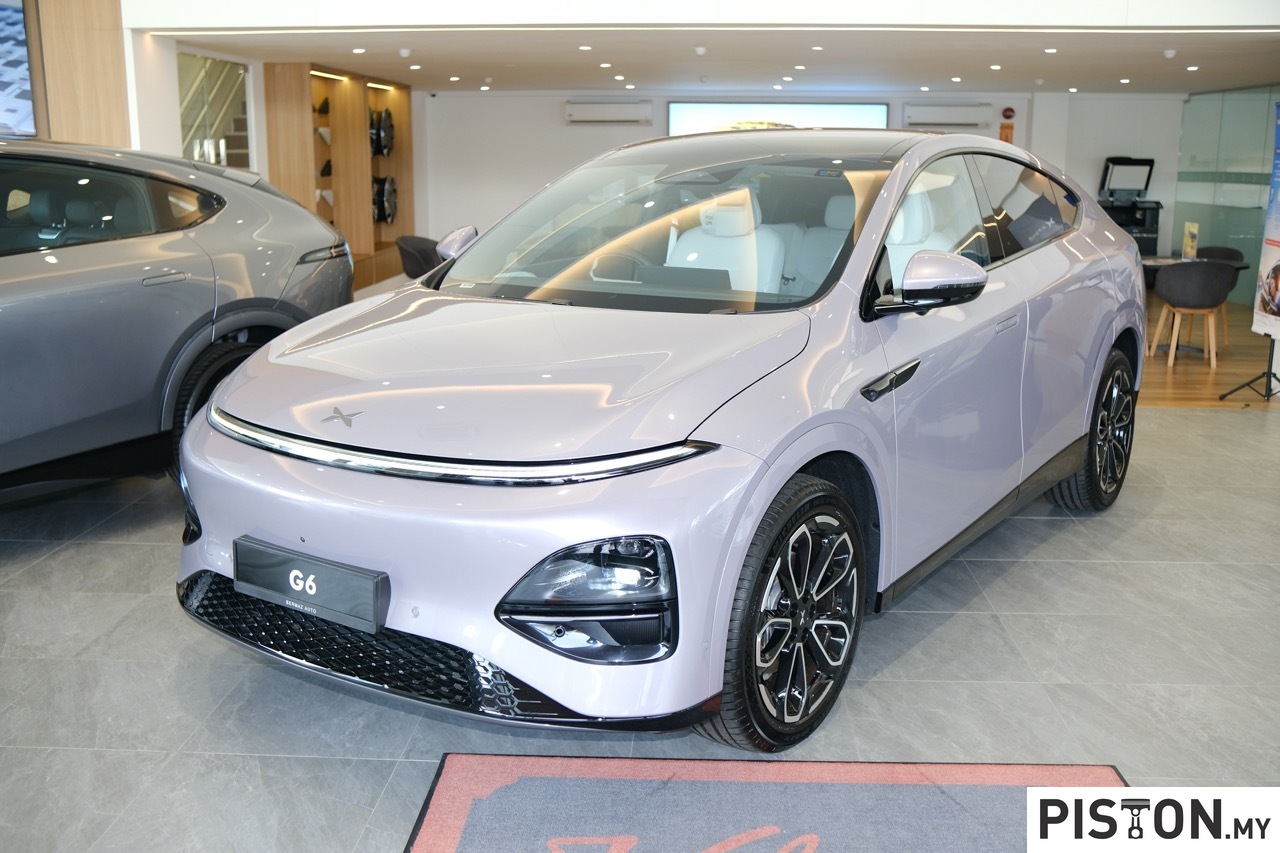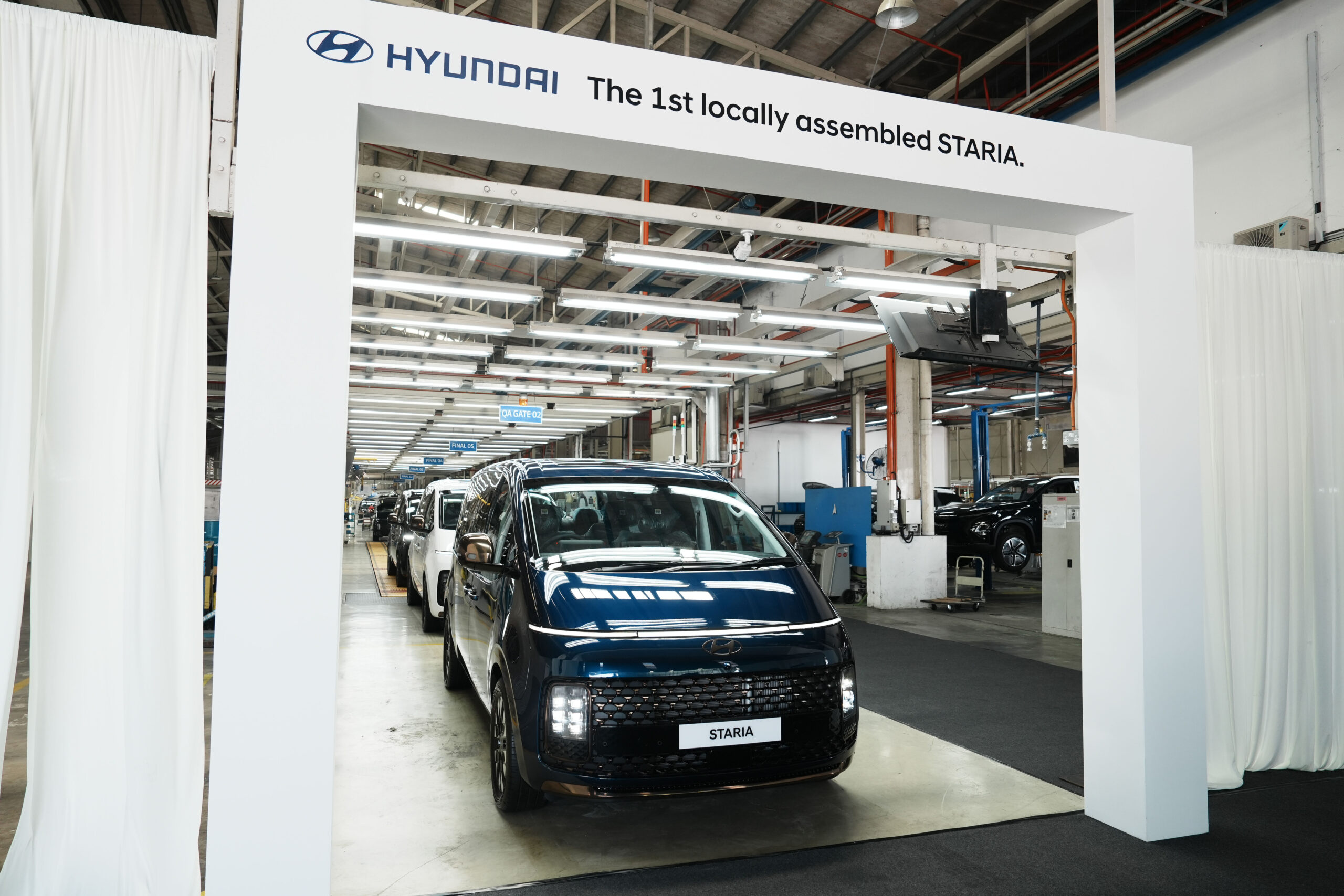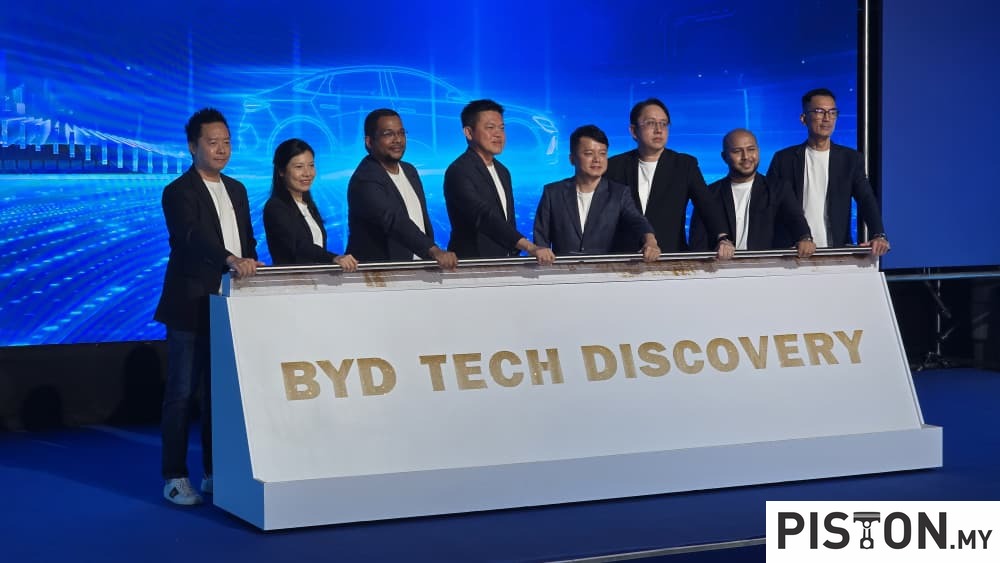The latest sales figures for the month of May are out and we can now talk about the most and least popular EV models in Malaysia for that month.
Though the top 10 are not surprising, the bottom three are what caught our attention.
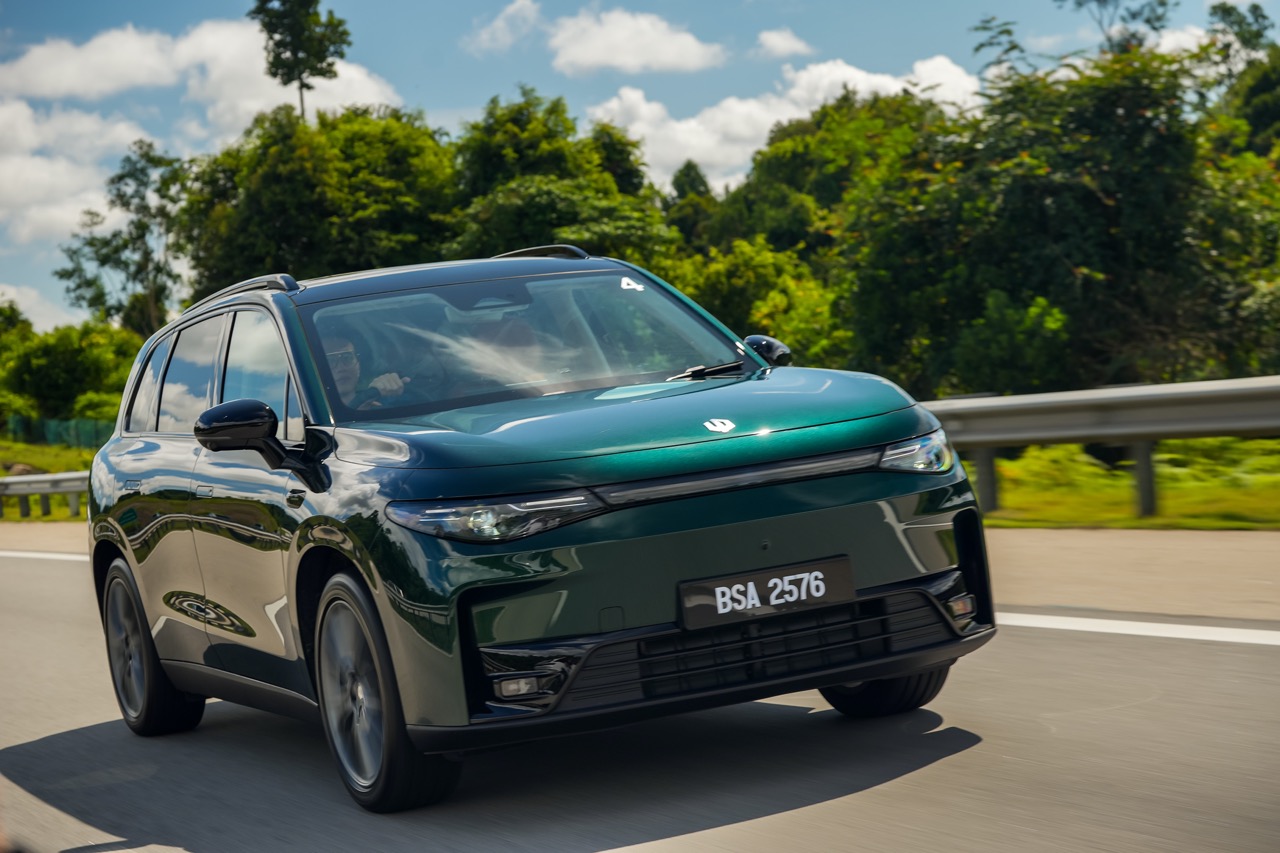
The fact that the Leapmotor C10 is right at the bottom with only 13 cars registered comes as no real surprise.
Of all the Chinese brands in Malaysia, Leapmotor is probably the least aggressive when it comes to marketing and the fact that the company is still yet to fix the key card access feature means that more potential buyers will be attracted to other brands that seem to have their products better sorted.
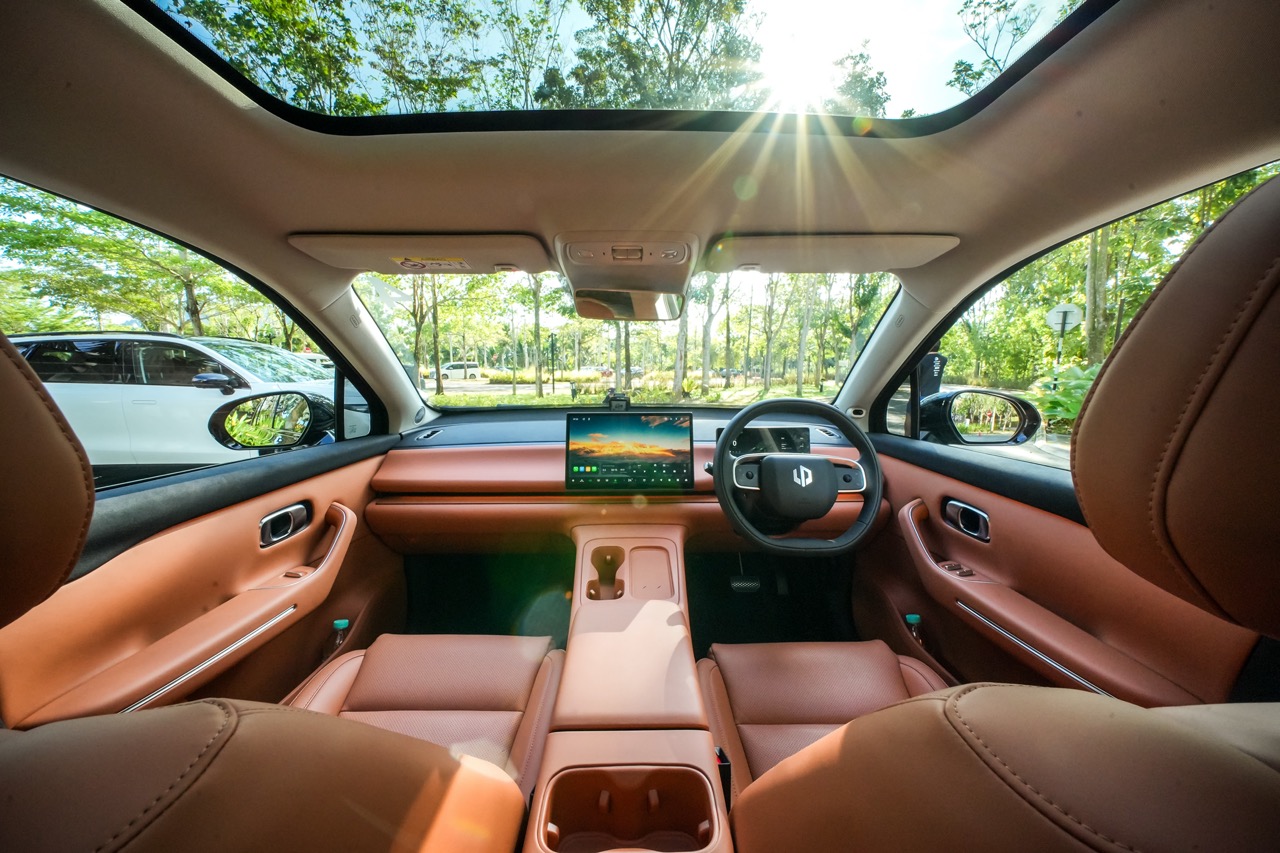
Leapmotor can continue to harp on the ‘Maserati-tuned-handling’ and we admit that it does handle well, but the fact of the matter is, most buyers won’t care about that and will mostly focus on what the car has to offer in terms of features, battery and range. And that key card system is simply put, annoying and needs an urgent fix.
We hear the team is working on it and can’t wait to see what they come up with.
Will the Leapmotor C10 finally be a force to be reckoned with? If they manage to include Apple CarPlay and Android Auto, then sure it will be considering they just dropped the price of the car to one that is more competitive.
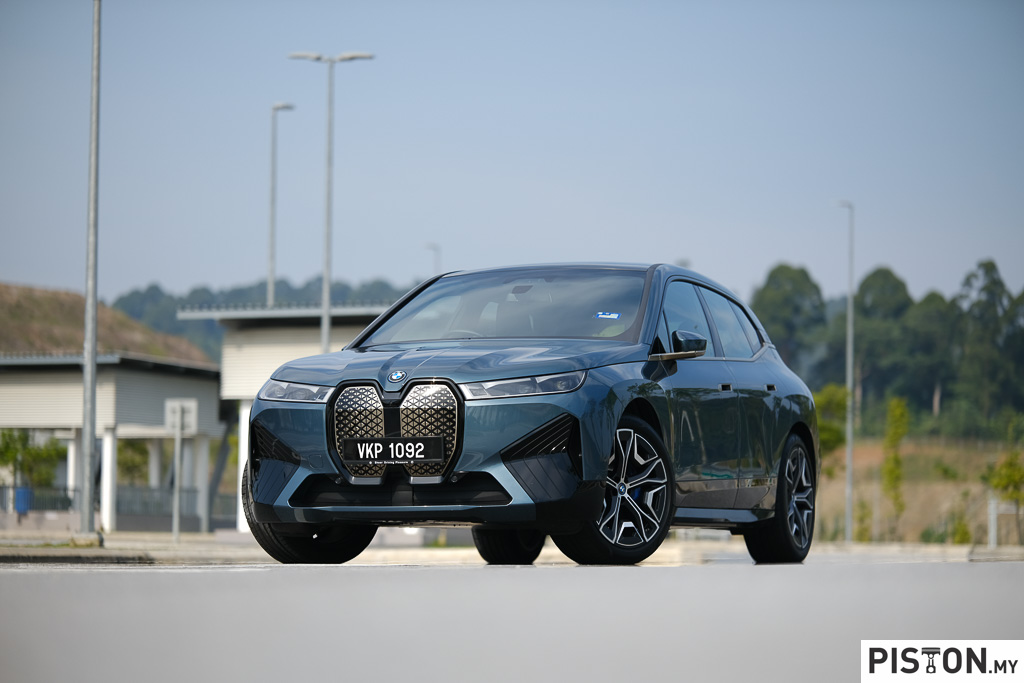
However, the second and third least registered cars for the month of May is what caught our attention. BMW only managed to register 13 iX models and 14 BMW i4’s.
That is quite surprising because there was a time when the iX was really popular if not the most popular premium EV in Malaysia. Are people getting tired of the iX and looking elsewhere? It surely seems like it.
The i4 is another surprise. For its price point, features and range, it should be doing better. But, the car is small with little to no space around the back seats, this limits the type of people who will be attracted to the i4.

Have the mighty really fallen? We don’t think so because 72 units of the BMW iX2 were registered making it the 12th most popular model while 39 units of the BMW i5 (15th place) were registered and 37 units of the BMW iX1 (17th place) found new owners.
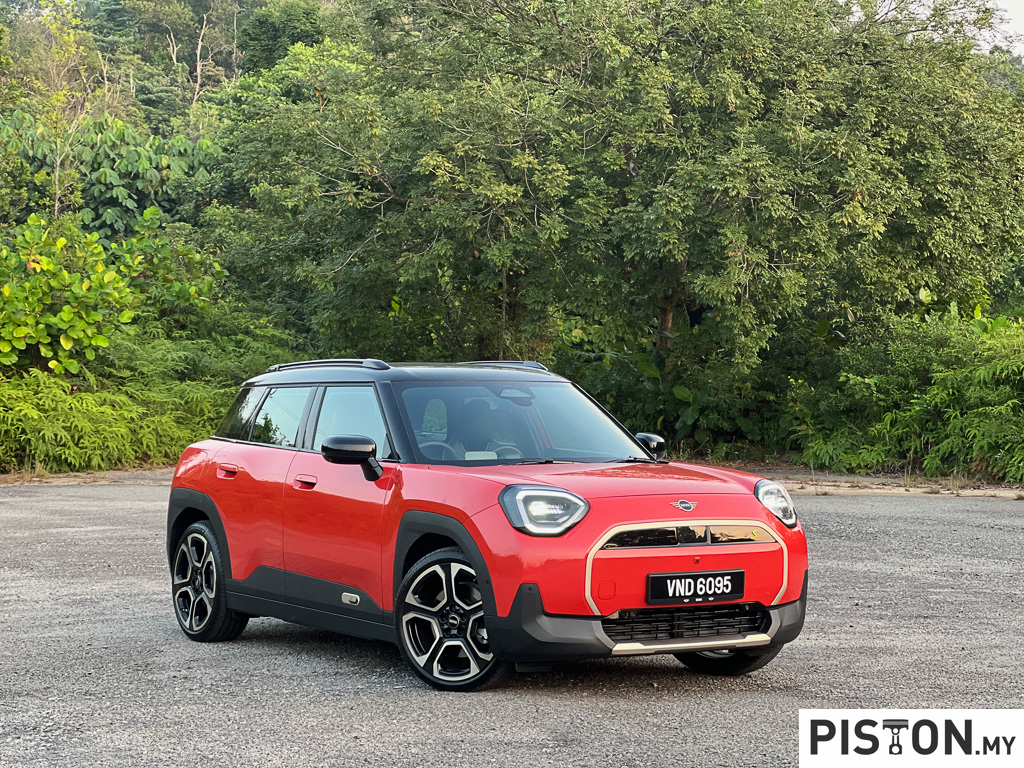
BMW’s sub-brand Mini sold 30 units of the JCW EV (18th spot) and the Aceman found 26 homes and captured the 21st spot in the 30 most popular EV’s in Malaysia.
We just have to say that despite its age and global slowdown in demand for its models, the fact that Porsche Malaysia were still able to shift 39 units of the Taycan is commendable.
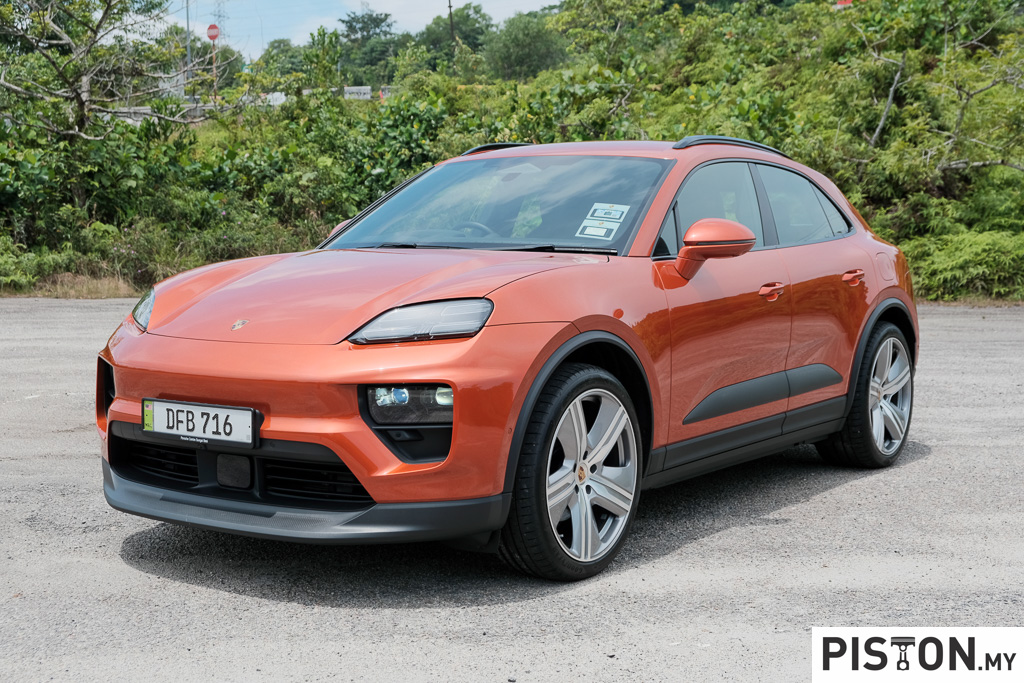
And the Macan EV is in the list as well with 29 units sold but we just can’t help but wonder what is happening to Mercedes-Benz? The company only sold 23 units of the EQE and it is the only Mercedes model in the list.
So which were the most popular? It comes as no surprise that the Tesla Model Y took top spot as the Juniper model was just recently launched with 985 units registered.
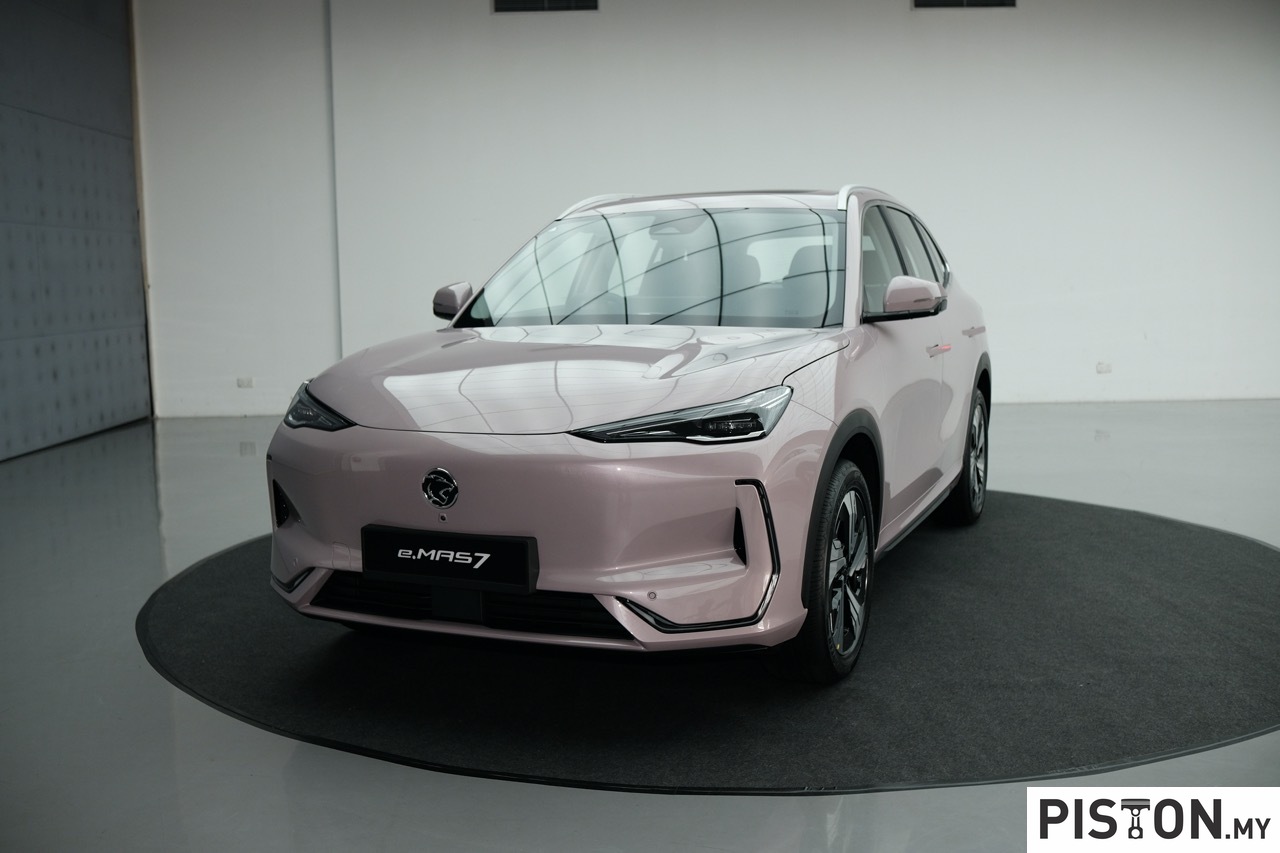
The Juniper stopped the Proton e.MAS 7 run as the most popular EV in Malaysia which was on a charge since January. The e.MAS 7 now sits in second spot.
The BYD Atto 3, Sealion 7 and M6 sealed the 3rd, 4th and 5th spot, which comes as no real surprise either.
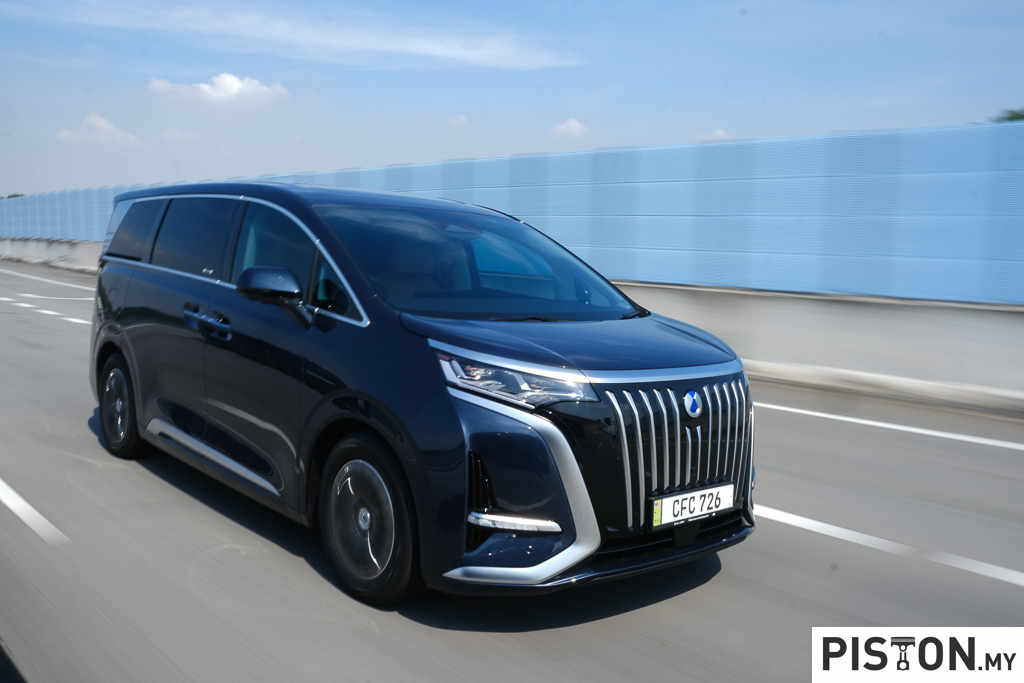
The Denza D9 comes in 6th place with 129 units sold, and that is quite surprising since many thought the Zeekr 009 may be the better buy. We don’t think it’s a better buy though and we explain why in this review.
In 7th spot is the Omoda E5 followed by the BYD Seal in 8th then the Zeekr 009 in 9th and the Tesla Model 3 rounds up the 10 most popular EV’s.
Before ending this though, we do have to tip our hats to MG Malaysia for managing to shift 14 units of the Cyberster. That’s no small feat considering the price of the car.
Below is the complete list of the 30 most popular EV’s in Malaysia:
1. Tesla Model Y – 985 units registered
2. Proton e.MAS 7 – 862
3. BYD Atto 3 – 505
4. BYD Sealion 7 – 406
5. BYD M6 – 136
6. Denza D9 – 129
7. Chery Omoda E5 – 116
8. BYD Seal – 94
9. Zeekr 009 – 90
10. Tesla Model 3 – 90
11. XPeng X9 – 77
12. BMW iX2 – 72
13. XPeng G6 – 48
14. Volvo EX90 – 41
15. BMW i5 – 39
16. Porsche Taycan – 39
17. BMW iX1 – 37
18. Mini John Cooper Works – 30
19. Porsche Macan – 29
20. GWM Ora Good Cat 07 – 28
21. Mini Aceman – 26
22. Mercedes Benz EQE – 23
23. MG MG4 – 18
24. Smart #1 and #1 – 16
25. Dong Feng Box E3 – 15
26. Volvo EX30 – 15
27. Zeekr X – 15
28. MG Cyberster – 14
29. BMW i4 – 14
30. BMW iX – 13
31. Leapmotor C10 – 13

